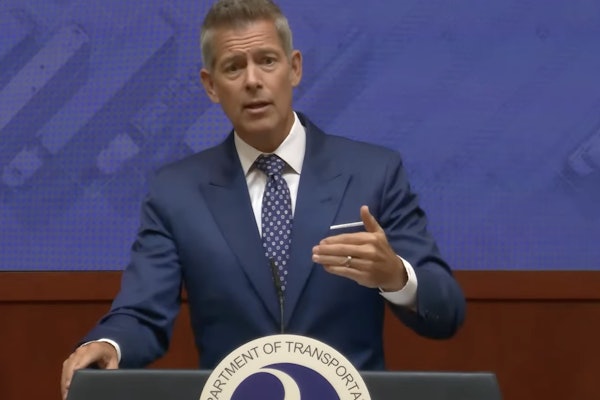
You wake up with a stuffy nose and a tickle in your throat, and you know: you’ve caught a cold. Or have you? How do you know when you’ve just got a simple cold and when you need to see a doctor? Keep reading for seven signs you may need a checkup instead of just chicken soup.
1) High fever. While the common cold may cause a slight fever, a temperature of 102 or higher usually indicates you’re dealing with something else, such as a sinus infection, strep, or the flu.
2) Significant pain. Sore throats are typical of colds, as post-nasal drip can often cause irritation. However, a severe sore throat may mean you’re dealing with strep throat, which can cause serious complications if not treated. Ear pain may indicate an ear infection, a common accompaniment of colds. A severe headache should also not be ignored. It may be a sign of a sinus infection or – especially if it’s accompanied by a stiff neck – meningitis, which can be deadly.
3) Body aches and fatigue. Mild achiness and fatigue can be symptoms of many viruses, including colds, and are generally nothing to be concerned about. Severe body aches or extreme exhaustion, on the other hand, can be a sign you have the flu or a kidney infection.
4) Severe or long-lasting cough. Coughs are common with colds, especially if your cold includes chest congestion. However, if your cough is severe or persists for more than a week or two, you may need to be seen by a doctor. You could have bronchitis or pneumonia.
5) Other health issues. Colds are unpleasant for most of us, but if you have a pre-existing health condition, a simple cold can be more concerning. If you manage a chronic health condition such as diabetes, asthma, or COPD, or if you are over the age of 70, checking in with your doctor whenever you feel under the weather is usually advised.
6) Lasts longer than a week. With colds, you should start feeling better after 7 to 10 days. If you aren’t noticing any improvement, or if you start to improve only to relapse after a day or two, you may have developed a secondary infection. Fighting a cold leaves your immune system taxed, and mucus-filled airways are the perfect breeding ground for bacteria, which is why sinus infections and pneumonia can sometimes accompany colds.
7) Symptoms that aren’t typical. Most important is paying attention to your body. Odds are you’ve had quite a few colds in your lifetime; if you notice that you’re having an especially hard time shaking one, or if the symptoms are different or more severe than usual, it’s time to be seen by a doctor.











